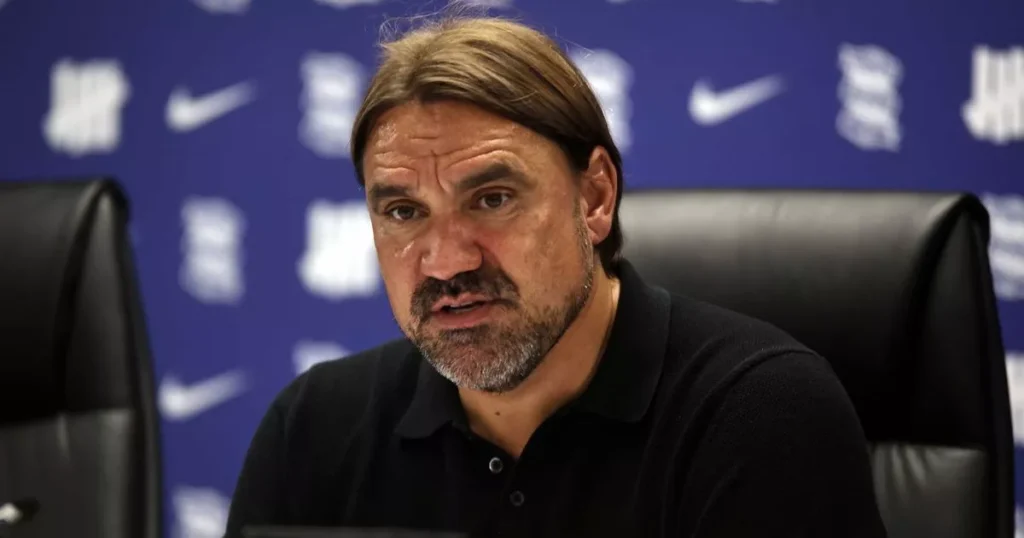Wilfried Gnonto’s early substitution for Leeds United on Saturday caused consternation on the terraces, but Daniel Farke has had to manage the Italy international cautiously since his return from injury.
Daniel Farke’s main concern when making his most controversial Leeds United move last Saturday was the risk of reinjury. In a game that the Whites would eventually lose, there was some concern when the German eliminated the hosts’ main threat on the day.
Wilfried Gnonto, in his first start for United since March 17, unbalanced Blackburn Rovers more than any of his teammates. The Italian was replaced in the 80th minute, much to his and the crowd’s displeasure, and the visitors scored their winner two minutes later.
It turns out that the 20-year-old outlasted Farke’s expectations. Gnonto’s injury sustained while on Italy under-21 duty would keep him out of training and matches over the Easter weekend, causing his manager to provide a three-week prognosis.
The trip to Riverside Stadium next week was expected to be Gnonto’s return game, but it turned out to be his first opportunity to play 90 minutes. The winger’s return to Coventry City and subsequent start against Blackburn came considerably ahead of plan.

“He was excellent, especially in the first half,” Farke remarked. “I was pleased today (Saturday) to be permitted by our physiotherapists and doctors to begin him.
“In the past few games, they were hesitant to give the green light. We discussed it before the game; maybe 60 minutes would be a good indicator.
“I tried to keep him on the pitch for as long as possible since I felt he generated a lot today. I’m glad to have him back, but you could tell that because he missed a couple of weeks of training, he needed to take more breaths in the second half, which was difficult and risky.”
Farke did not want to play Gnonto any longer and risk losing him for the rest of the season. The aim is that, provided he emerges uninjured from Elland Road, he will be able to play a full game in Teesside.
“Obviously, there would have been also a bigger risk of reinjury if I had let him play all 90 minutes, but, in terms of his shape, I was tempted to leave him on the pitch even a bit longer than it was planned because it was a really good performance,” Farke remarked.
“Sadly, he also wasn’t able to bring the ball then really decisively over the line, but yes, good to have him back.”
